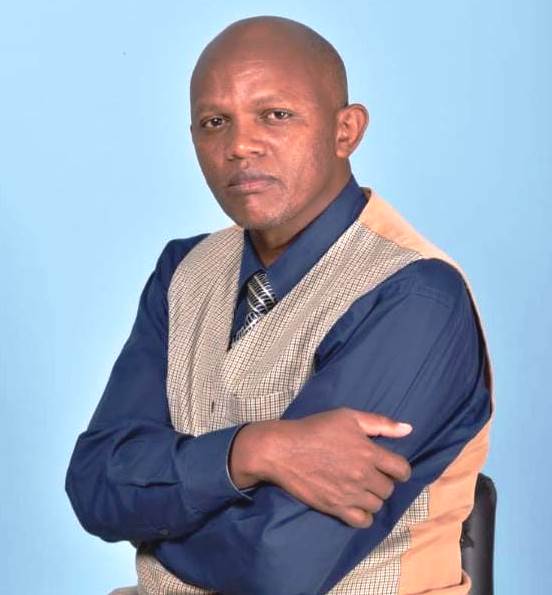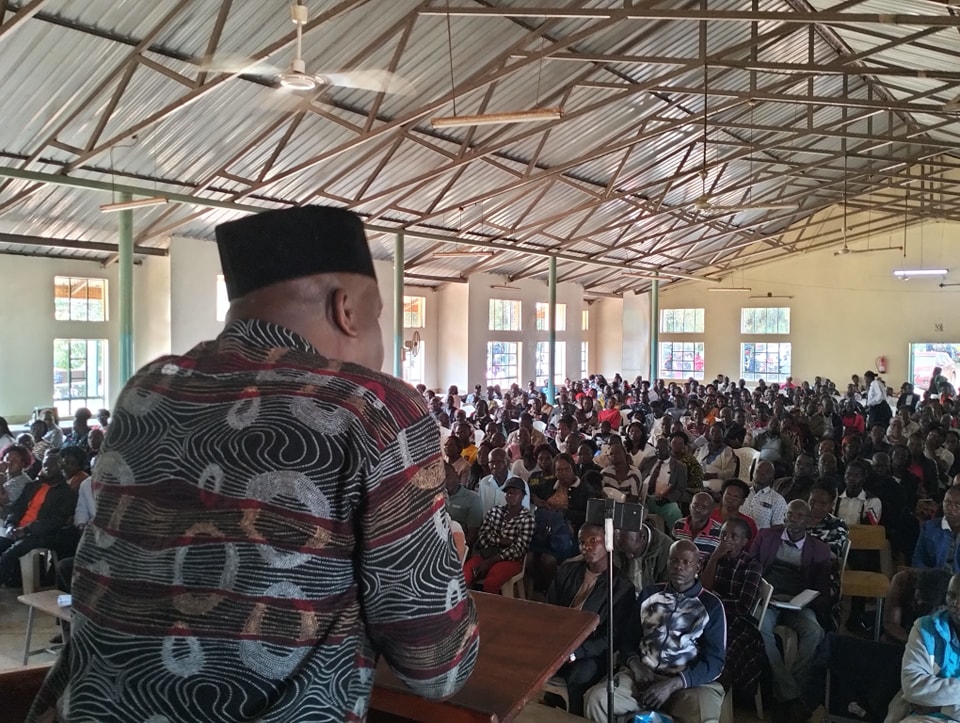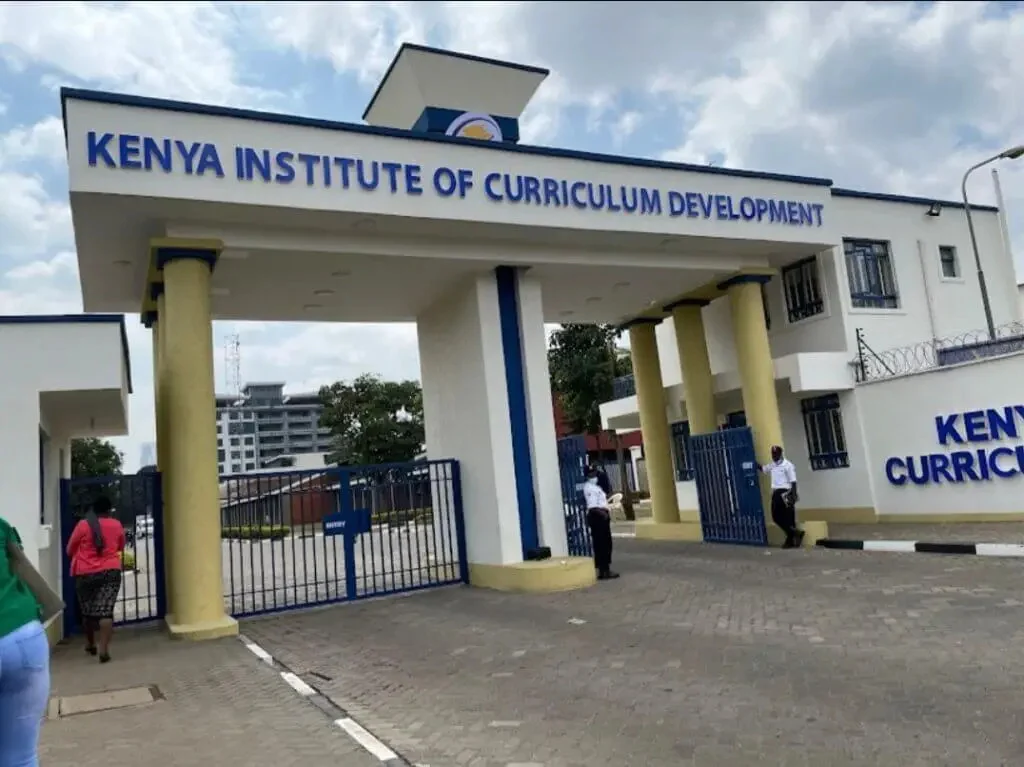I recently attended a workshop on Competency-Based Education and Training (CBET) delivery methodologies at Kisiwa National Polytechnic, and believe me, I didn’t expect it to hit that deep. It had been a while—honestly, a long time—since I last thought seriously about lesson plans, now rebranded as session plans for us modern-day TVET practitioners. Don’t judge me!
Our facilitators were not playing games. Right after walking us through the expected active learning strategies, they demanded a micro-teaching session—the kind where you, the seasoned lecturer, suddenly find yourself role-playing as a “student teacher”—awkward, much? In a room of 80 participants, we were grouped in eight, and yes, it did feel “funny” being on the other side of the desk.
To make it more awkward (and amusing), I had missed the previous day’s sessions to receive the Presiding Bishop of Redeemed Gospel Church at the Kakamega branch. So when I reported the next day, my fellow student-teachers dubbed me “the new student.” Not by my name. Not even by my profession. Just “the new student.” It was hilarious and slightly humbling. Yet, by the end of the day, I had already been nominated as the workshop’s spiritual leader. Fast events, fast titles!
Now, back to our micro-teaching. I loved the feedback segment. After each presentation, we were expected to give feedback to the “teacher.” And I didn’t hold back. I told one colleague, “I didn’t understand anything because you were too fast.” A few chuckles later, others shared their thoughts, too.
READ ALSO:
Boost for West Pokot as KeNHA, PDU build school to acommodate 800 learners
Then, the facilitator gave us feedback on our feedback. He pointed at me. “Your point was valid,” he said, “but remember—feedback should be descriptive, not prescriptive. Focus on the behaviour, not the person.” That hit a nerve. You see, I’m a straight-talker. Say-it-as-it-is kind of guy. But he challenged me: “The problem isn’t what you say. It’s how you say it.” It’s a truth bomb right there. And that wasn’t just a workshop lesson—it echoed all the way back to my PhD journey.
I remembered all those defence sessions: from the concept note to the department, to the school, to the postgraduate board… and back again. The professors who started with a “Congratulations!” stood out. They gave meaningful feedback that sharpened my research focus. It felt collaborative. Encouraging. Human.
But occasionally—just occasionally—the focus would shift from my work to me. And honestly? That’s when learning stopped.
So, this workshop wasn’t just a refresher. It was a mirror.
I was reminded that a good teacher begins with a bridge—a recap of the last session linked to the current one. That we must state learning outcomes clearly, conduct pre-assessments to gauge learners’ prior knowledge, plan instructional strategies and aids, use active learning techniques, and wrap up with a summary and post-assessment.
In TVET speak, we must engage, challenge, and grow our learners—with them, not above them.
I discovered that refresher courses aren’t optional. They are a necessary and sufficient condition for any teacher striving for classroom effectiveness.
Even the “senior new student” has something new to learn.
By Dr Wilberforce Manoah Jahonga
The writer is a Deputy Principal at Bushiangala Technical Training Institute
You can also follow our social media pages on Twitter: Education News KE and Facebook: Education News Newspaper for timely updates.
>>> Click here to stay up-to-date with trending regional stories
>>> Click here to read more informed opinions on the country’s education landscape






